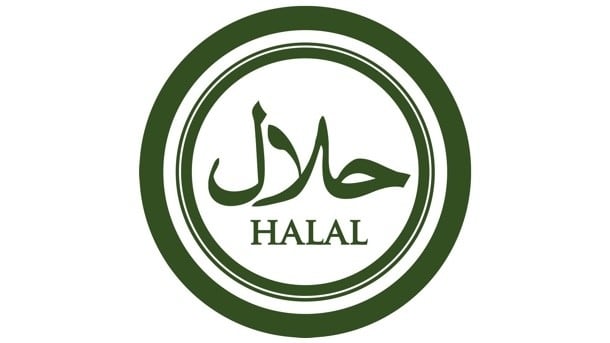Halal food is an incredibly lucrative sector, with the recent State of the Global Islamic Economy (SGIE) 2024/25 Report estimating this to be worth US$1.43tn as of 2023, and expected to grow at a 6.2% CAGR to reach US$1.94tn by 2028.
At present, all the Top 5 halal food importing markets are unsurprisingly primarily Muslim countries, but the Top 5 halal food exporting markets comprise mostly non-Muslim countries.
Top 5 halal food importers (in 2023):
- Saudi Arabia – US$27.4bn
- Indonesia – US$25.5bn
- Turkey – US$22.5bn
- Malaysia – US$20.8bn
- United Arab Emirates – US$20.7bn
Top 5 halal food exporters (in 2023):
- Brazil – US$26.5bn
- India – US$21.9bn
- Russia – US$19.5bn
- United States – US$13.2bn
- Turkey – US$13bn
For many years, many Middle Eastern markets have had to depend on external imports due to climactic conditions being unsuitable for agriculture, and others such as Indonesia also had to depend on imports to sustain its large population.
In more recent times, developments in agritech as well as supply chain challenges during the pandemic have led most markets to focus resources on improving food security and self-sustainability – leading to a great deal of investment being focused on developing local and regional supply chains.
“Trade agreements and Mutual Recognition Agreements (MRAs) are driving halal market efficiency, such as the new Indonesia-UAE-Turkey-Malaysia halal mutual recognition pacts to cut duplicate audits and costs,” said the report authors.
“The halal food sector is undergoing significant transformation driven by structural shifts towards regional manufacturing, strategic market consolidation, and significant investments.”
How can international firms adapt to halal food changes?
Such a change could have massive ramifications for food companies in markets that were previously major food export suppliers to Muslim markets, especially those such as Brazil and the United States which are located geographically further away.
As it is, some of these companies are already taking steps to establish local manufacturing in order to ensure they are not cut out of the newer, more efficient supply chains.
“[We have seen] Brazilian firm JBS invest in the development of a new US$50m facility in Saudi Arabia, and Nestle building its first food manufacturing plant in this market as well.”
Efforts are also being made outside of Muslim-majority markets such as in Europe, where companies are consolidating their regional presence in the halal food market as well.
“This can be seen in acquisitions such as France’s Isla Délice having purchased German premium brand Gurkan and UK-based Takul; as well as Netherlands’ GoodLife Foods acquiring Germany’s Pure Ingredients,” said the authors.
Opportunities to be found in the halal food sector
Many governments in Asia also recognise the rising potential of halal food and have created focused agencies or implemented policies to tap on the opportunities to be found here.
For instance, Indonesia has launched a new halal certification system for international companies to boost food and beverage imports into the country, whereas the Philippines has created a National Halal Industry and Development Office to simplify halal certification and to increase local halal companies.
“Japan is also looking to increase its share in the halal food export market, and has launched a food export platform in Malaysia to support the expansion of Japanese food here,” the report stated.
“Indonesia, the Philippines, Vietnam, and Kazakhstan are all emerging halal markets which are improving access through regulatory reforms, national certification bodies, and trade agreements.”
Another major area of halal innovation has been driven by the consumers themselves – according to the report, consumer boycotts and ethical sentiment have become very pronounced in consumer purchasing behaviour, and thus new product innovation.
“A significant transformation defining this year’s Islamic economy is the marked rise in ethical consumer activism, directly influencing purchasing behaviours. For instance, geopolitical tensions, especially linked to the Gaza crisis, spurred unprecedented levels of boycotts against global brands perceived as misaligned with ethical and regional values,” it stated.
Some brands that have fallen victim to said boycotts have included Starbucks and Coca-Cola in markets like Malaysia and Pakistan.
“Local brands such as Pakistan’s Cola Next have seen a significant increase in demand as consumers seek local alternatives,” said the authors.
“The brand emphasises its Pakistani roots, appealing to nationalistic sentiments amid boycotts of Western products.”
This situation is not limited just to Muslim markets – similar behaviour has been observed in Europe as well.
“Brands like Gaza Cola and Palestine Drinks have emerged as alternatives in European markets, gaining popularity among consumers supporting the Palestinian cause,” the report said.
“These beverages not only offer a unique taste but also contribute to humanitarian efforts, with profits supporting Gaza.”




